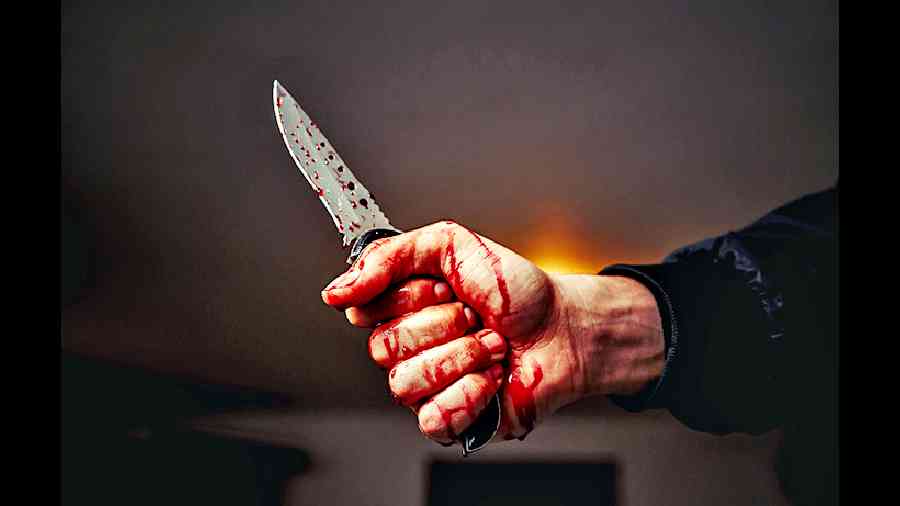Book: The Twist of a Knife: A Novel
Author: Anthony Horowitz
Publisher: Century
Price: £20
After three books, Anthony Horowitz’s best-selling thriller centred on a fictionalised version of himself and the private investigator, Daniel Hawthorne, is back with a fourth instalment — The Twist of a Knife. Unlike the previous ones, this new instalment foregrounds the death of a critic whose primary suspect is Horowitz (Tony) himself. Tony’s play, Mindgame, is released and Harriet Throsby, a staunch critic who was earlier a crime reporter, gives her verdict on the first night. The next day, she is found dead in her house. The police have already arrested Tony but Hawthorne comes to his rescue and decides to solve the mystery in two days. There are seven suspects, including Tony, and more get added as the mystery around the death of a teacher in a village is also discovered in one of Harriet’s books.
The hook to the story is Tony being incriminated himself. Readers are able to see a side of Tony and his relationship with Hawthorne that may not have been explored as much in the previous novels. The author has not only shown the usual off-handed, stereotypical masculine bonds of friendship but also made visible the care, the ability to be vulnerable, between two men as the story progresses towards finding the killer.
The pace and the simplicity with which Horowitz writes holds the readers’ attention immediately, immersing them into the carefully-thought-out plot he unravels with his very short chapters. His attention to each of the suspects makes the mystery around Harriet’s death extremely difficult to untangle and the story an intense, compulsive read.
However, Horowitz demonstrates a lack of sensitivity towards his characters and the social space they inhabit. From continuous ableism, homophobic undertones, to subtle misogyny, the narrative is littered with judgments that are in dire need of sensitivity. Kevin Chakraborty, who has Duchenne muscular dystrophy, stole private pictures from Tony’s phone in the previous book and in this one, he commits another crime, that of hacking into the police’s computers. Horowitz brushes it away saying, “because, at the end of the day, how do you pick a fight with a teenager who’s in a wheelchair?” It does not stop there. Further on, he writes, “It would have been quite wrong to think of Kevin as disabled. He was one of the most spectacularly enabled people I had ever met.” A reader afflicted by disability or an activist would regret reading the most ableist of lines written by an author whose books are on the best-selling list.
It seems Horowitz isn’t happy with disappointing his readers with his ableism only. While describing the director of the play, Ewan Lloyd, he writes, “I’d assumed he was gay. He was quite effete, dressing like Oscar Wilde...” If the homophobia is not enough, the misogyny would certainly make the reader wince. The usual tropes of an “ambitious” woman who “used sex to get what she wanted” or a law-enforcer who had “no human side” and looked like “some sort of malevolent Buddha” because of her weight and fierceness seem not to end.
The reader has to continuously hope that something better would come for these wrongly portrayed characters but, alas, the story ends with two white men striking a massive deal with a renowned publishing house for a book series. Whether these are purposive shortcomings of the fictionalised white, entitled Horowitz or that of Horowitz in real life remains unclear.
The Twist of the Knife eventually falters because of its blunt characterisation and a jarring ending.










